Features
The Last of Us Part 1 – Why The Ending is Still so Impactful
One look. One word. One emotional ending.
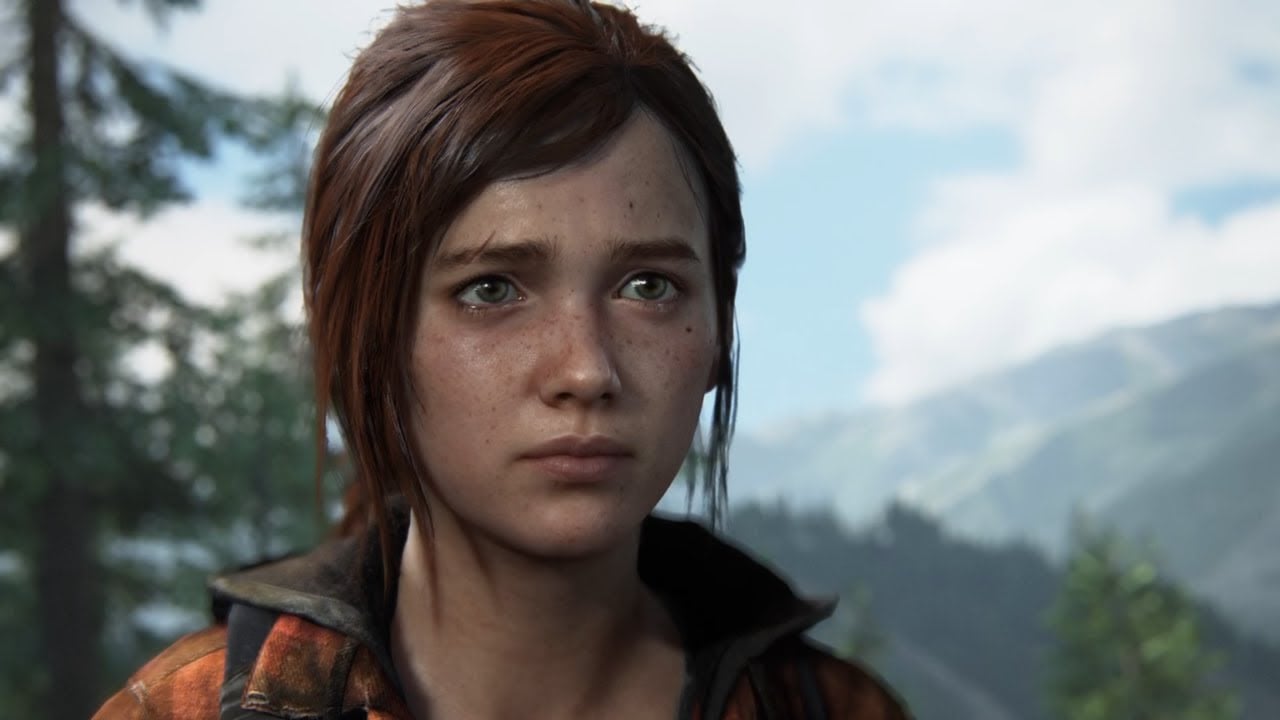
*This article contains spoilers for both the endings of The Last of Us Part 1 and The Last of Us Part 2*
Performance, Not Just Words
The Last of Us is perhaps my favorite game of all time, and one I think about often. It’s a game that has stuck with me ever since I first played it on the PlayStation 3 back in 2013, and part of the reason it has is due to the masterful ending Naughty Dog crafted for the title.
When the remake (now titled The Last of Us Part 1) was released in September this year, much had been improved as the game not only looked the best it ever had, but it also played drastically better. From graphics, lighting, and character models to controls, enemy AI, and accessibility, everything in The Last of Us had been given a tremendous facelift for a second time–everything, except for the groundbreaking story. Not a single word of the script had been changed from the PS3 original or The Last of Us Remastered on PlayStation 4.
As for the animations–those nuanced changes of expression, those subtle readjustments of a certain watch–the artists and animators went back over the original mo-cap footage of the actors and brought out every careful glance, every subconscious twitch in ways that were simply impossible with the technical prowess of the PS3. Now, in The Last of Us Part 1, these movements are uncannily realistic, as though these characters are real, live actors performing on stage before the player’s very eyes.
As wonderfully and realistically written as the game’s dialogue is, its story has always been a subtle one. There are no heavy-handed explanations here, no tedious exposition dumps, thoughts, and emotions are expressed in careful actions and pregnant pauses, the meanings of which are left up to the player to uncover themselves. The Last of Us never dreams of insulting its audience’s intelligence. And the best example of this is, of course, is the ending.
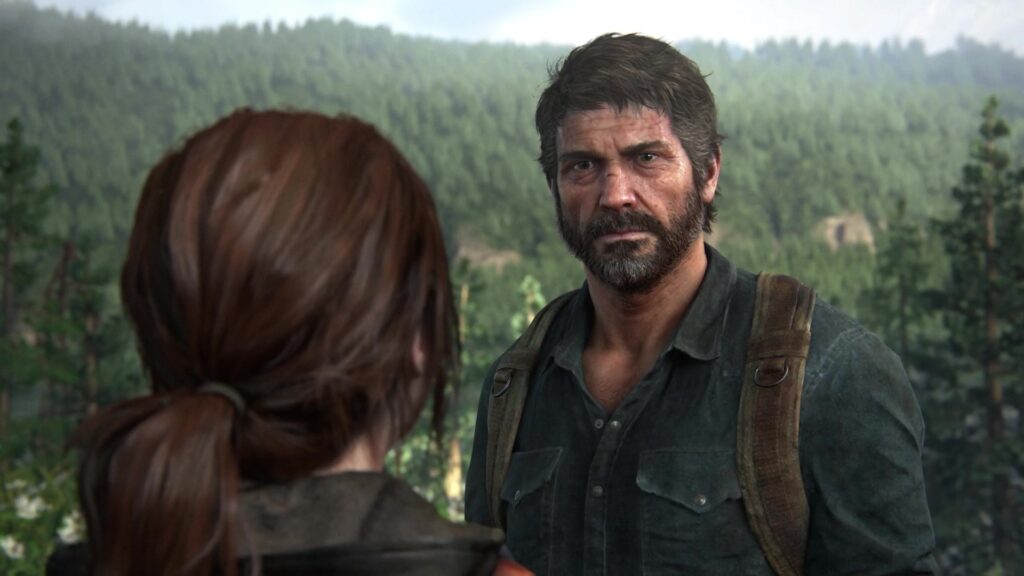
Three Devastating Lines
The Last of Us ends on an ambiguous note.
After a desperate struggle to bring Ellie to the Fireflies in Salt Lake City, Joel discovers the truth behind why they really wanted her. Ellie is immune to the cordyceps infection–perhaps the only naturally immune person in the world–and maybe her mutation could hold the key to creating a vaccine. The only problem is she would die in the operation to remove the mutated fungus from her brain and spine.
Joel cannot sit by and let this happen–he has already lost one daughter and fears he cannot lose another–and so he fights back. He massacres the Fireflies, cuts down any that stand in his way, and then cuts down the doctor too, the only surgeon left in this broken world who could have performed the operation successfully. Joel dooms humanity because he couldn’t lose the last thing he held dear. He couldn’t make that sacrifice.
That alone would be a dramatic enough ending, but it’s made all the more memorable and all the more heartbreaking by what follows. Ellie wakes up sometime later, still in her operating gown, the effects of the anesthesia finally worn off, and asks to be told the truth of what happened. Joel lies. He tells her that the Fireflies had given up, that they had found others who were immune and yet still couldn’t manufacture a cure. Ellie doesn’t respond until they get back to Jackson, and there she explains her guilt of having survived when her best friend Riley died, of her hope that her life would have meaning, and her anger and disappointment that it had all been for nothing. And then come those three, perfect final lines.
“Swear to me,” Ellie says. “Swear to me that everything you said about the Fireflies is true.”
“I swear,” Joel replies.
A pause, as Ellie wrestles with what she knows to be true and what she wants to be true. “Okay.”
And cut to black.
The ending is perfect. It was perfect when the game was first released and it still stands as perfect today with the release of The Last of Us Part 1.
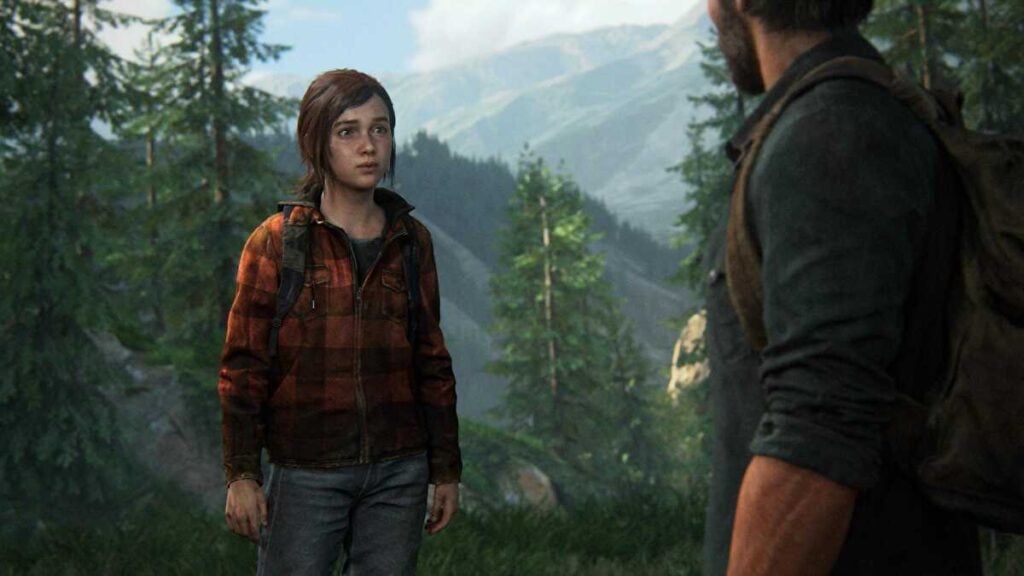
An Uncertain Future
Back before The Last of Us Part 2 was even a twinkle in writer and director Neil Druckman’s eye, The Last of Us existed as a standalone story, meaning that the ending was the ending. There was no epilogue, no resolution, nothing but that final exchange between Ellie and Joel, and the conclusions the player drew for themselves.
Joel came to love Ellie as a daughter, and through Ellie’s wonderful and endearing characterization, many players came to feel the same way about her over the course of their long journey together. But not everyone agreed with his final choice. Joel chooses as any father would, believing that the life of his daughter outweighs the life of every other living soul in the world. But, of course, as much as he came to care for her, Ellie was never his daughter, and in the end, his decision was not noble, but selfish.
He wanted Ellie to survive because he would have been unable to go on without her, no other reason. And in taking her away from the Fireflies–in destroying everything the Fireflies had worked so hard to rebuild–he robbed her of her choice. While never said outright in words, it’s clear from Ellie’s actions and her despondency upon waking up in the car with Joel on the way back to Jackson, that she had never expected to wake up at all. That she had fully committed to sacrificing her own life for the good of humanity. That in doing so, surviving that day when Riley died would have meant something. And Joel took it all away from her. And by not giving the player the choice to act otherwise, to commit to character and go through with Joel’s awful deed, it somehow makes the player complicit, and hangs the guilt on their shoulders, too.
Yet, as conflicted as she is, she wants to believe Joel is telling the truth. She wants to live the lie. How long that will last is up to the player to decide.
As an ending on its own, it’s incredibly powerful and moving, especially considering the journey the players have been on with these characters. Many argued back then (and many still do today) that it did not need a sequel, that it stood perfectly on its own, and that a sequel would only serve to take away from its poignancy. But as valid as those arguments may be, The Last of Us does have a sequel, and its revelations prove that Joel’s choice was far worse than anyone could have imagined.
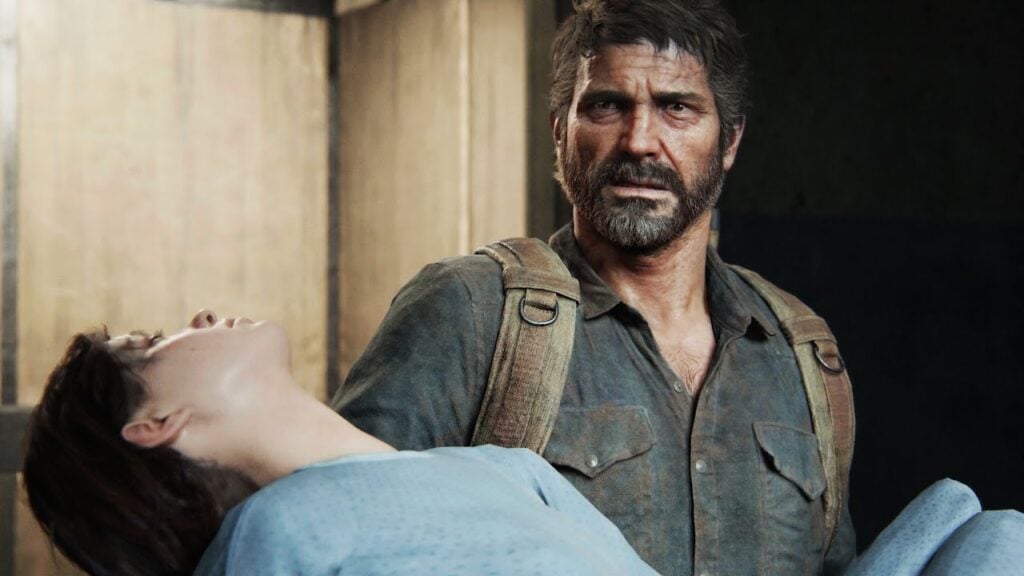
The Consequences of a Fateful Choice
In The Last of Us Part 2, the player sees the aftermath of Joel’s choice, and how it has strained his relationship with Ellie. It manifests almost physically as a wedge driving the two further and further apart as Ellie grows older and starts to question the lie. And no matter how hard Joel tries, it’s impossible to bring things back to the way they were.
Flashbacks fill in the story of what happened in the intervening years between The Last of Us Part 1 and The Last of Us Part 2. Only the very first we see is a happy one–Joel and Ellie exploring an old museum on Ellie’s birthday. It’s a wonderful moment–bittersweet after everything Ellie’s been through before the flashback is triggered–and the very last time the two could be as they once were with each other, could pretend that everything was going to be okay and that the rest of the world didn’t exist.
The next two flashbacks show Ellie’s growing survivor’s guilt. Her anger that so many people have had to die when she could have sacrificed herself to let them live. And she finally learns the truth from Joel. And that’s the final straw. Ellie swears that she will never forgive Joel for what he did, for what he took away from her. And it seems that Joel died unforgiven, that Abby murdered him before Ellie could let him back into his heart, and that she spent the entirety of Part 2 with that guilt hanging around her neck like a noose. Much like Joel lived with the guilt of what he had done at the end of Part 1.
It’s not until the very end of the game that we finally find out the truth, long after Ellie destroyed her life chasing after revenge: that Ellie did in fact forgive him and that they had promised that, going forward, there would be no more lies, and that they would try to repair their relationship. And that this was the night before Joel died.
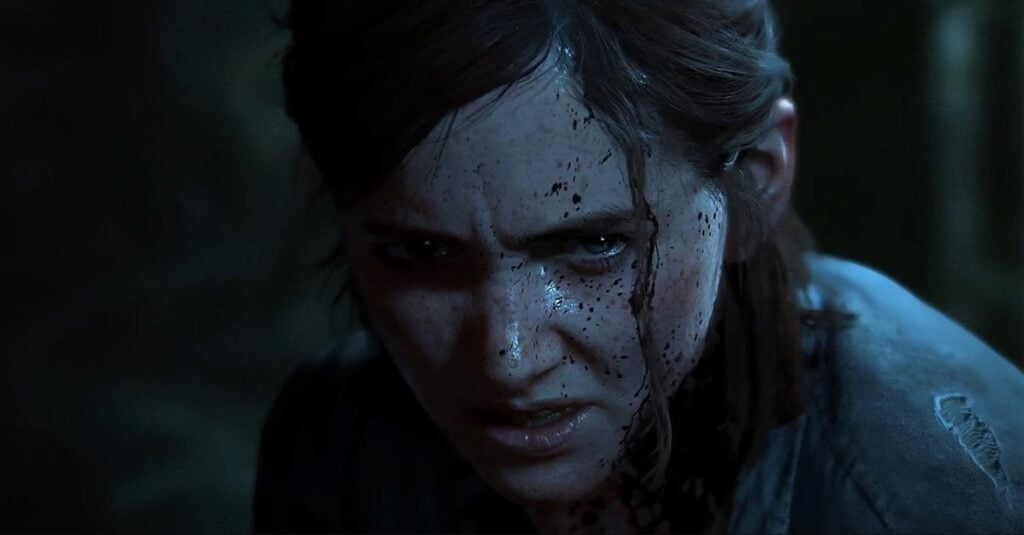
Even More Impactful
Replaying That Last of Us Part 1 now, after knowing everything that happened in Part 2, feels as much akin to playing a prequel as it does a first installment.
Part 1 tells the story of everything Joel went through to try to save Ellie from the darkest horrors of the world, of his struggles and his growth to become a better person, of finding something worth living for. But in those final moments, in desperately trying to hold on when he should have let go, he dooms both himself and Ellie.
Himself, by killing the surgeon – who now truly is Abby’s father, and not some nameless NPC – setting up the man’s daughter’s quest for revenge that devastates the player at the very beginning of Part 2. And Ellie, by robbing her of her pre-destined future, dying, and driving her down a guilt-ridden path of self-destruction that ends up taking everything from her.
That ending is still so impactful not in spite of Part 2’s existence, but because of it.

-

 Technology4 weeks ago
Technology4 weeks agoGamification and Productivity: What Games Can Teach SaaS Tools
-

 Features4 weeks ago
Features4 weeks agoThis Upcoming Romance Anime Might Just Break the Internet; Trailer Just Dropped!
-

 Features3 weeks ago
Features3 weeks agoDon’t Watch These 5 Fantasy Anime… Unless You Want to Be Obsessed
-

 Features2 weeks ago
Features2 weeks ago“Even if it’s used a little, it’s fine”: Demon Slayer Star Shrugs Off AI Threat
-

 Culture2 weeks ago
Culture2 weeks agoMultiplayer Online Gaming Communities Connect Players Across International Borders
-

 Game Reviews3 weeks ago
Game Reviews3 weeks agoHow Overcooked! 2 Made Ruining Friendships Fun
-

 Features3 days ago
Features3 days agoBest Cross-Platform Games for PC, PS5, Xbox, and Switch
-

 Guides3 weeks ago
Guides3 weeks agoMaking Gold in WoW: Smart, Steady, and Enjoyable
-

 Game Reviews3 weeks ago
Game Reviews3 weeks agoHow Persona 5 Royal Critiques the Cult of Success
-

 Features2 weeks ago
Features2 weeks ago8 Video Games That Gradually Get Harder
-

 Features1 week ago
Features1 week agoDon’t Miss This: Tokyo Revengers’ ‘Three Titans’ Arc Is What Fans Have Waited For!
-

 Game Reviews3 days ago
Game Reviews3 days agoFinal Fantasy VII Rebirth Review: A Worthy Successor?





















